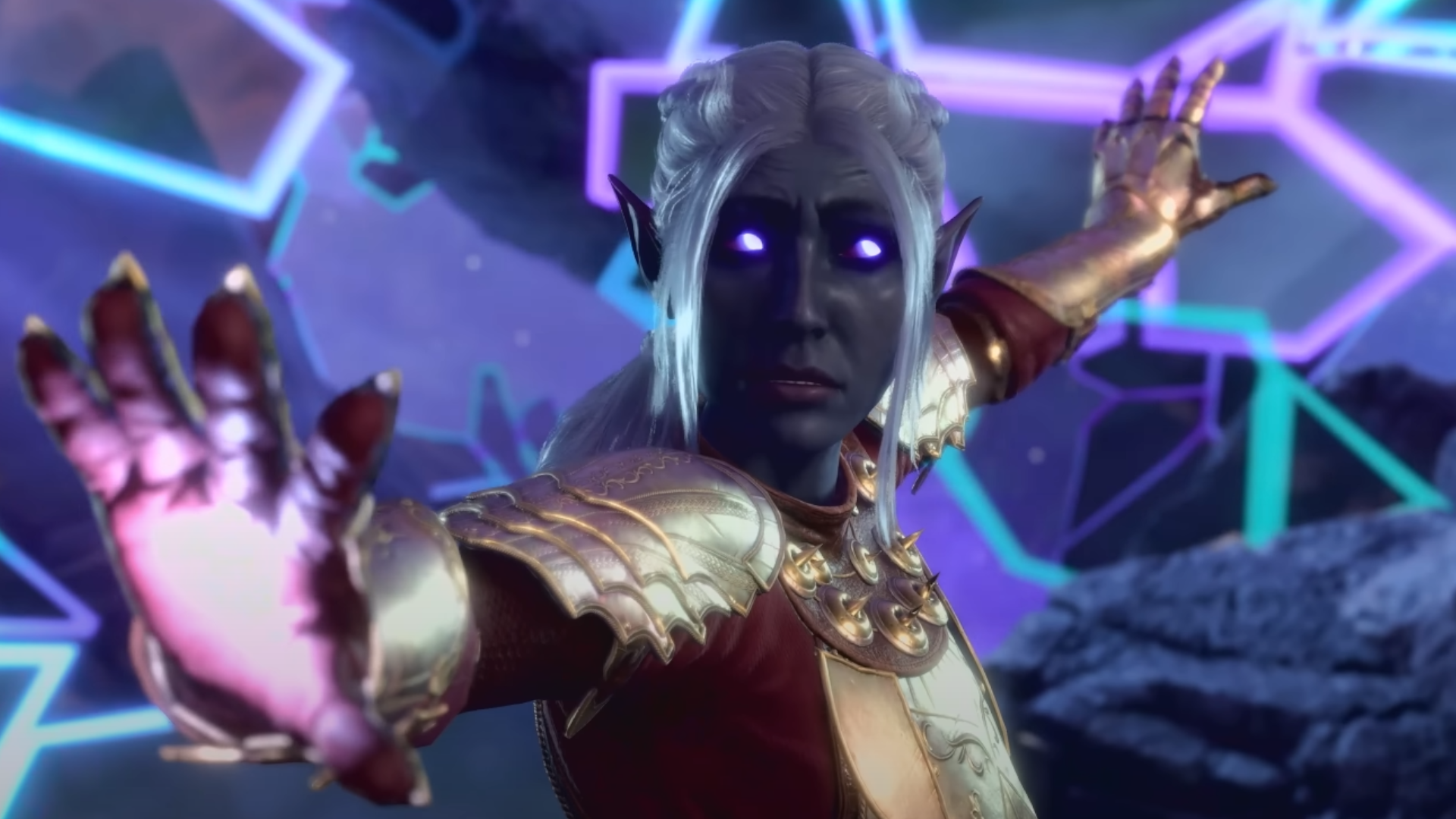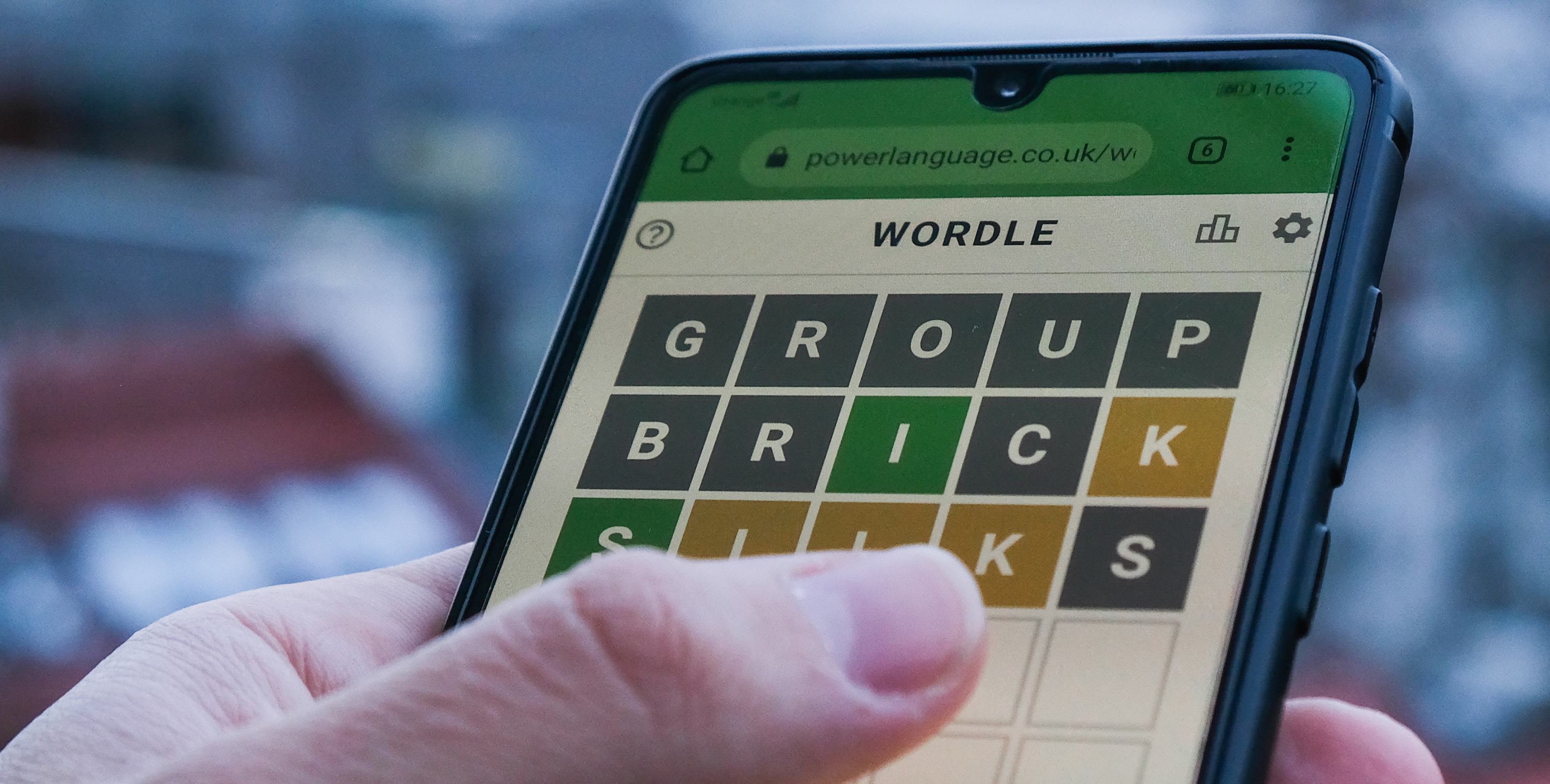
I want that tabletop thrill of dealing with my bad choices.
I’m not exaggerating when I say that Disco Elysium, the unexpected 2019 hit CRPG by ZA/UM, changed my brain chemistry. I’ve come away from my experience with that game equipped with a new understanding of how failure can be used as a design tool, how it can be made fun, engaging, and worth dropping the save-scumming for. And I desperately want Baldur’s Gate 3 to follow in those footsteps.
The words “fail state” pop up in video essays and opinion pieces about games for a good reason: how the player fails is one of the most important decisions designers make. What happens when they do, how long it takes them to try again—entire genres, such as roguelikes, are sometimes defined by how punishing they are when the player beefs it.
This choice isn’t only vital in game design, though—it’s a crucial part of running Dungeons and Dragons, the tabletop experience Baldur’s Gate 3 is built upon. Any Dungeon Master worth their salt knows you should very rarely slam the door in your players’ faces. They’ll still fail, for sure, but that failure should put them in more interesting or tense situations. Mess up a persuasion check on a guard? Get ready for a high-octane chase. Arm cursed by a magic artefact? You’ll be going to a sunken temple next session to purify it.
One of my favourite examples of this plays out in Critical Role, a franchise-level popular livestreamed campaign led by prolific voice actor Matthew Mercer. Grog, a barbarian with vanishingly small intelligence, and Taryon, an artificer with an equally small amount of self-confidence, go shopping. Following an ill-advised decision to knock out two guards, the scene devolves into nearly five minutes of slapstick comedy. It’s a gut-bustingly funny series of dominoes toppling one after the other, where little failures pile up into a hilarious whole.
(Image credit: Critical Role)
Even “total party kills” where the whole gang bites the dust can create opportunities for more stories. Start a new campaign in the world your characters failed to save, battle your way through the realms of death, wake up captured by your foes—point is, there’s no game over screen in Dungeons and Dragons. Well, except for when scheduling conflicts rear their ugly head.
When I played Baldur’s Gate 3 during its early access run, however, a botched persuasion roll saw me battling an entire town I’d been sidequesting in. Given I’d made the choice to say “please don’t kill that prisoner”, and not “I am willing to murder all of you”, I reloaded my save and tried again. Experiences like that have me worried about Baldur’s Gate 3’s failure states—especially when Disco Elyisum gets them so right.
There are a bunch of fantastic moments in Disco Elysium that are memed upon, such as the infamous ceiling fan tie that kills a lot of players in their first five minutes, or the phrase “I want to have fuck with you”. My personal favourite is when, upon failing a check, I took off at a sprint towards the door, leapt into the air, flipped the double-bird, crashed into a nice old lady, and died. When people tell stories about this game, it’ll usually be a story about Harry Du Bois fucking something up.
(Image credit: ZA/UM)
This absolute joy in failure made me do something new: I stopped reloading saves—except for when I died, naturally. I’ve savescummed in other RPGs liberally and often, but not with this one. When I failed, the game always gave me something interesting to grapple with, be it melting into a chair, losing someone’s ball, or bursting into tears over a “ice-cop-hat-fuck-show”.
Before Disco Elysium I would rarely ever stop to consider: what if I keep going? Because it was rarely ever worth it. But I wanted Harry’s blunders to be a part of the story, in the exact same way I’ve been working the failures of my tabletop characters into their stories. I want that experience for Baldur’s Gate 3, and I desperately hope it pulls it off.
I’m certainly not, however, expecting a video game to replace the joys of a fully-improvised DnD session. But I know that some of those joys are possible thanks to Disco Elysium, and it’s set a standard for dealing with player failure that the genre cannot ignore. Should Larian’s new behemoth RPG sock me on the jaw, I want to feel like I should keep the bruise, rather than casting the ninth-level spell ‘reload save’ and magicking it away.




